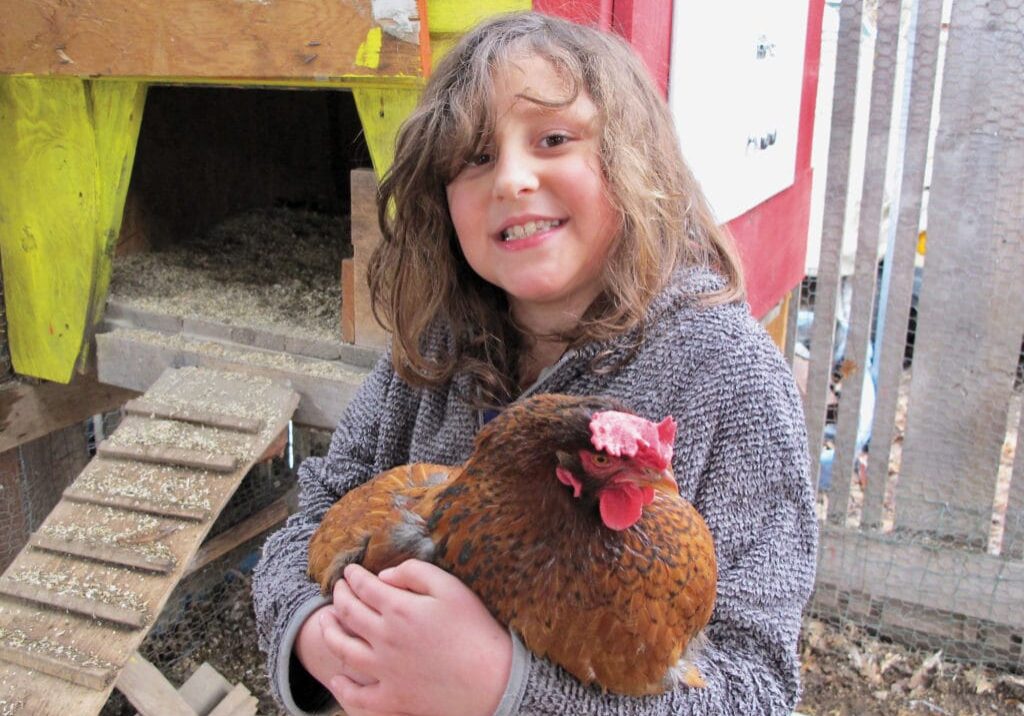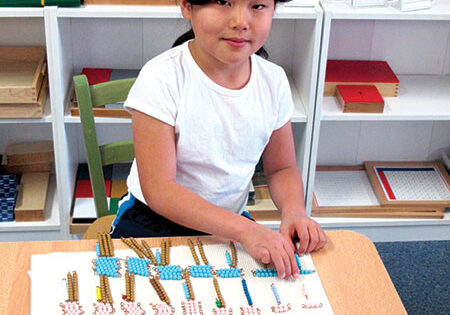Do you feel intimidated when you think of talking with your child’s teacher? What if your child complains about problems with this teacher? And if your child is a virtual learner this year, communication between home and school comes with its own unique challenges.
Here are some tips to help you get off to a good start and connect with your child’s teacher, either in person or virtually.
Reach out early in the school year
Early in your child’s school year, reach out to introduce yourself. Ideally, you will talk to the teacher — either face-to-face or on a virtual call. If this is not possible, send an introductory email and offer your support to the teacher. That way, if a challenge does present itself during the year, the teacher’s first encounter with you isn’t a call about behavior challenges or academic struggles.
Be involved and be visible
One of the best ways to establish rapport with your child’s teacher is being involved in what is going on in the classroom and school. If your child is a remote learning, you might offer to read to your child’s class via Zoom, or ask if there are other ways to help.
If the school is limiting volunteers, you can still organize signups for supplies and send in prepackaged craft items and snacks for class parties or events. If your career is related to something your child’s class is studying, offer to answer questions face-to-face or virtually. Many employers build in time for employees to volunteer in schools so they don’t have to take time off from work.
Come to after-school events, school productions and parent-teacher conferences either face-to-face or virtually so that you are visible and can touch base with your child’s teacher. Even if your school is learning remotely during the year, stay tuned in to what is going on so that you will be in the know.
Keep communication positive and be proactive
Your child’s teacher should be open to your questions and suggestions, so don’t be too intimidated to ask. As a teacher, I would much rather know about a problem early so I can deal with it in the best way for all concerned.
Keep up with teacher notes, permission slips, report cards and other written communications the teacher sends home. Sending a quick response to the teacher’s requests makes the teacher’s job easier.
Remember to keep communications positive. If you have concerns or think the teacher has dealt unfairly with your child, don’t dash off a negative note or email and send it first thing in the morning. For sensitive conversations, call and set up a time to meet after school. Be on time, listen and communicate calmly. Follow up with any suggestions the two of you discuss — and of course, encouraging notes brighten every teacher’s day!
Teachers have a lot to manage in their classrooms, and with 25 or more students to supervise, sometimes they make mistakes or don’t see every problem. Your child may think something happened in class that wasn’t fair, and it’s easy as parents to react emotionally and blame the teacher. But support the teacher as much as possible while you gather information about what happened. Try to help your child see the teacher’s point of view, and talk about how people can have differences and still work together to succeed.
Speak up and discuss options
Don’t be afraid to speak up if a problem in your child’s class becomes pervasive. If your child’s grades start to slip, he or she is continually unhappy or you suspect your child is being bullied by a classmate, work with the teacher to devise a plan to help.
Sometimes children have personality conflicts with their teachers. This actually offers an opportunity for growth if teachers and students can work together in a respectful and productive manner. After all, this is what children will need to do when they grow up. But if problems persist, it may be time to request a change to another class. Discussing your options with a school counselor or administrator may help you navigate a tough year.
Most of the teachers I know are caring individuals who want to make a difference in the lives of the children they teach. Often, they are parents too, and although it is hard to imagine, at one time they were students who lived through awkward growth spurts, problems with peers, lost homework and braces. They understand what parents and kids are going through, and they strive to build a positive connection between school and home.
Posted in: Education
Comment Policy: All viewpoints are welcome, but comments should remain relevant. Personal attacks, profanity, and aggressive behavior are not allowed. No spam, advertising, or promoting of products/services. Please, only use your real name and limit the amount of links submitted in your comment.
You Might Also Like...

Six Memoirs For Children
Memoir, a popular genre for adults, is less thought of for children. Yet good memoirs written for kids can hook young readers, especially reluctant ones, with stories about things that […]

Animals Offer Lifelong Rewards For Children
In these isolating times of quarantine our children are missing social connection, school contacts and fun outdoor activities. Interactive imagination, communication and companion play is increasingly more precious for our […]

Closing the Gender STEM Gap
Chico’s American Association of University Women Supports STEM Education *Science, Technology, Engineering, and Math education (STEM) The path to women’s economic empowerment and independence is through education. Michelle Obama is […]

Junto — Men Meeting to Share Growth & Mutual Improvement
Over two hundred years ago Benjamin Franklin gathered friends from various backgrounds and occupations and put together a “Junto,” named from the Spanish word junta, meaning a group of men […]

The Montessori Method: An Approach To Educating The Whole Child
What do Anne Frank, Julia Child, Prince William of England, Jeff Bezos (founder of Amazon.com), and rapper Sean “P. Diddy” Combs have in common? Although vastly different in their life […]


